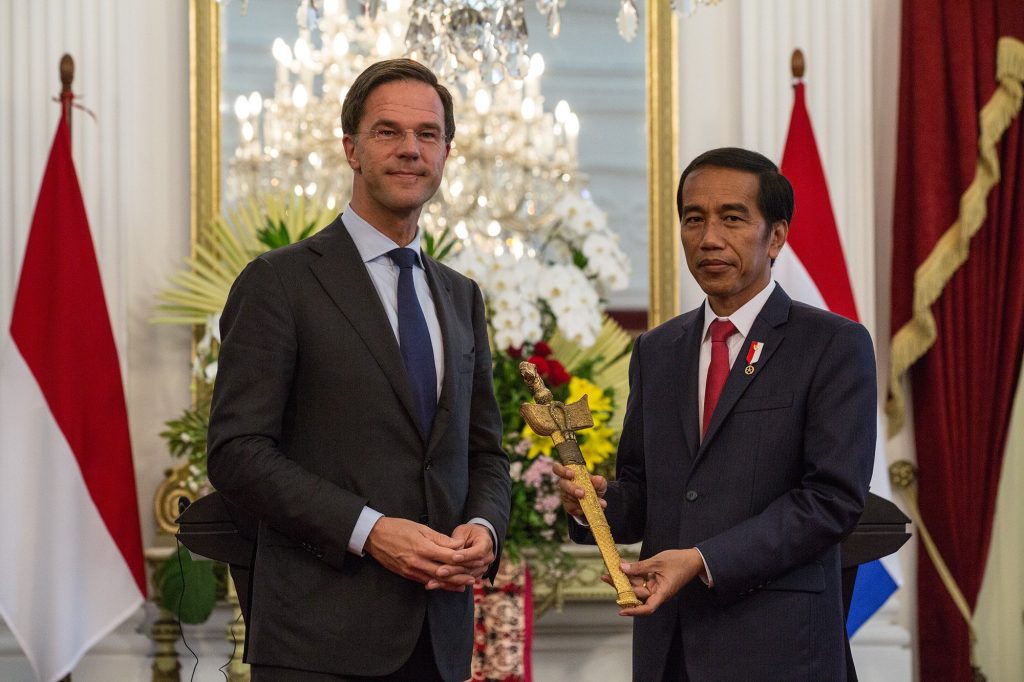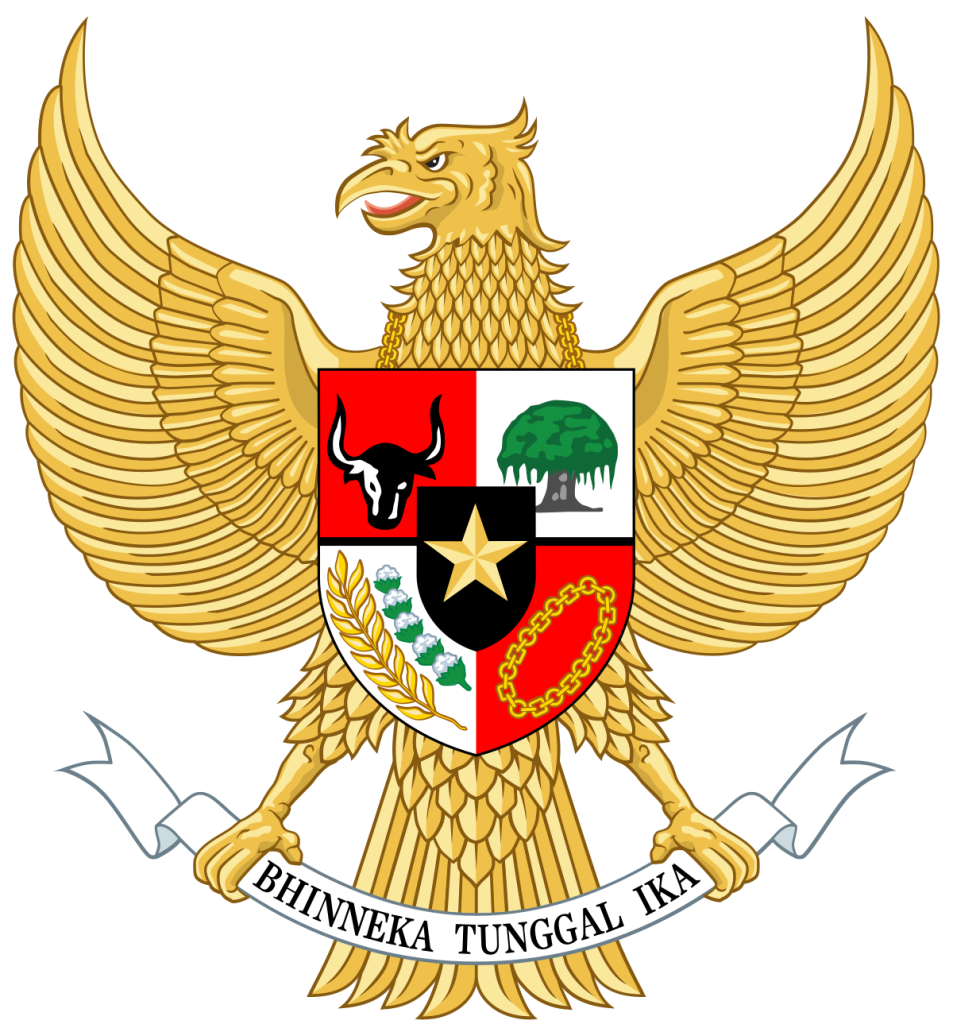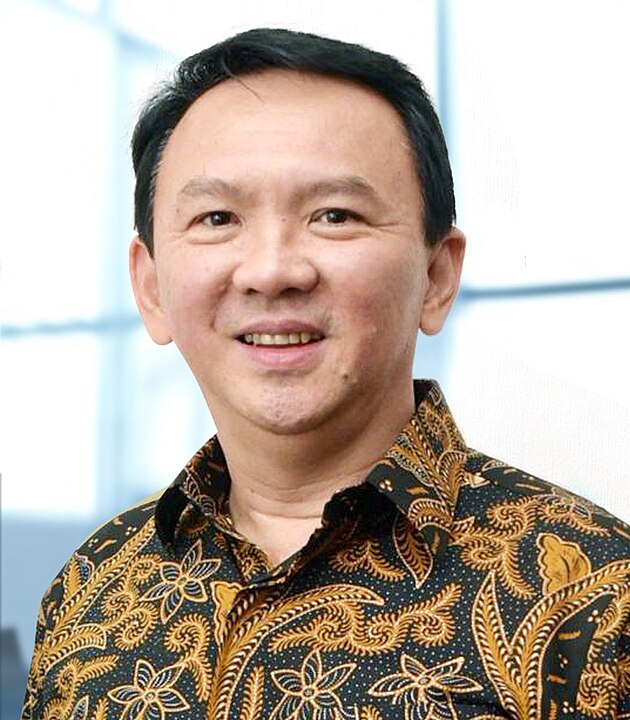
Dicky Sofjan is a core doctoral faculty in the Indonesian Consortium for Religious Studies (ICRS), located in the Graduate School of Universitas Gadjah Mada (UGM), in Yogyakarta.
Indonesia was colonized by the Netherlands through its first ever powerful multinational corporation trading company called the Dutch East India Company for more than 350 years. Although the colonization was far from complete and comprehensive—as Indonesia is notably the world’s largest archipelagic nation, comprising 17,000 islands and occupying three time zones—the laws of the land at the time were established primarily to serve the interest of the colonial masters and to guarantee their political longevity and worldwide economic empire.
While Indonesia declared its independence on 17 August 1945, its former colonizers, the Netherlands government, for many decades recognized 1949 as the year of its colony’s independence, after Dutch forces failed to retake what they thought was theirs through successive military aggressions. Only in June 2023 did the Netherlands government, through Prime Minister Mark Rutte’s statement in Parliament, finally come to terms with Indonesia’s independence and officially recognize it “completely and without reservations.”

Unsurprisingly, Indonesia’s legal system had been influenced by European laws that had little to do with Indonesian sociological, cultural, and religious contexts. Among Indonesia’s “inherited” colonial laws was the “blasphemy law” of UU PNPS/1/1965, formally titled “misuse of religion and defamation of religion.”
Blasphemy laws are typically of European origin and were primarily intended to prevent “religious insult.” European countries that had or still retain blasphemy laws include Andorra, Austria, Denmark, Finland, Germany, Italy, Liechtenstein, Malta, Poland, Spain, and others. France repealed its blasphemy law in 1881 and instead favored laïcité, a hardline form of secularism that attempts to decouple the state from religious organizations. Meanwhile Ireland and Greece repealed their blasphemy laws in 2018 and 2019, respectively. The Netherlands, Indonesia’s former colonial administrator, introduced a blasphemy law in 1934 that essentially prohibited any blasphemous expressions against Christianity. The law, which had not been enforced for half a century, was repealed by the Dutch Parliament in 2012.

Although Indonesia inherited its blasphemy law from its colonizers, the Indonesian Parliament had its own political reasons for issuing such a law during the height of the communist purge. Under the so-called Kitab Undang-Undang Hukum Pidana (KUHP) or Penal Code, blasphemy used to fall under Section 156(a). Blasphemy was defined as expression that (a) has the principal character of being at enmity with, abusing, or staining a religion adhered to in Indonesia and (b) is expressed with the intention to prevent a person from adhering to any religion based on Ketuhanan Yang Maha Esa. This latter Indonesian phrase has come to mean “Oneness of God” or “Unity of Divinity,” depending on one’s translation and interpretation. The phrase is derived from Pancasila, Indonesia’s state ideology, comprising Five Principles: belief in God, civilized humanity, unity of Indonesia, democracy through deliberations, and social justice.
KUHP Section 156(a) carried a maximum of five-years’ imprisonment and was used largely to stifle those who challenged Islamic religious orthodoxy and formal interpretation of the Qur’an. It was also an effective tool to silence government critics and/or political rivals who dared to challenge the powers that be. Indonesia’s landmark blasphemy case occurred during the 2017 gubernatorial elections in Jakarta, when the Chinese Christian then-incumbent Governor Basuki Tjahaja Purnama, famously known as Ahok, was sentenced to two-years’ imprisonment for blasphemy. (In a speech, Ahok insinuated that opponents had used a verse from the Qur’an to dissuade people from voting for a non-Muslim candidate, which some interpreted as an insult to the Qur’an.)

The KUHP was derived from the Dutch colonial legal system (Wetboek van Strafrecht voor Nederlands-Indie) and went into effect on 1 January 1918. Since that date, the KUHP has been amended several times. The latest amendment, passed in December 2022 and ratified as Law No.1/2023, was defined as an attempt “to decolonize the legal system.” One major improvement over the previous KUHP is the absence of any section on blasphemy and/or defamation of religion. However, the newly “decolonized” KUHP remains faithful to criminalizing certain actions by individuals with respect to “religion and belief.” Section 300 of the Penal Code prohibits individuals from publicly (a) committing an act of hostility, (b) making a statement of hate or hostility; or (c) inciting others to engage in hostility, violence, or discrimination. Violations of these prohibitions carry a maximum punishment of 3 years’ imprisonment or a fine. Meanwhile, Sections 301 to 305 elaborate further on acts and means that could amount to such hostility, enmity, discrimination, incitement, and violence or threat of violence against people of other religions or beliefs. Section 302, for example, prohibits publicly encouraging or inciting others to abandon religion or belief; it also prohibits inciting others to convert to another faith through violence or threats of violence.
Prominent Indonesian legal scholar Bivitri Susanti has argued that the notion of the decolonization of the KUHP signaled an “illusion to novelty.” She maintained that the concepts of colonization/decolonization should not about who made the law or when. Rather, colonialism should be referred to as the “exploitation of the land and water by a small number of people.” To her, what is most important about decolonizing the Penal Code is the guarantee of freedom of thought and opinions (kebebasan berpikir) in a country ruled by law.
This concept also relates to Article 27 in Law No.11/2008 on Electronic Information and Transactions, which prohibits “any person [from] knowingly and without authority distribut[ing] and/or transmit[ting] and/or caus[ing] to be accessible Electronic Information and/or Electronic Documents with contents of affronts and/or defamation.” Article 45 in the Amendment to Law No.11/2008 adds “Electronic Records” to the list of prohibited electronic means for conveying affronts and/or defamation. These two Articles are undoubtedly problematic, as the definition of “affronts and/or defamation” could be loosely interpreted and applied in cases of blasphemy and anti-religious speech.
Susanti’s criticism of the “decolonization” of the KUHP is therefore highly relevant and contextual. It reflects the disappointment of the Indonesian chattering class on the progress of reform and the democratization of the legal system since the 1998 dethronement of President Suharto’s 32-year military regime. While Indonesia’s 1999 law on human rightsand its ratification of the International Covenant on Civil and Political Rights in 2005 are positive developments in the democratization of the Indonesian legal system, the iron law of oligarchy appears to persist. Thus, despite almost 25 years of reformation and democratization, elite domination of discourses, politics, businesses, and the law look very much like the only game in town. If this were to continue, then the promise of decolonization becomes meaningless.
